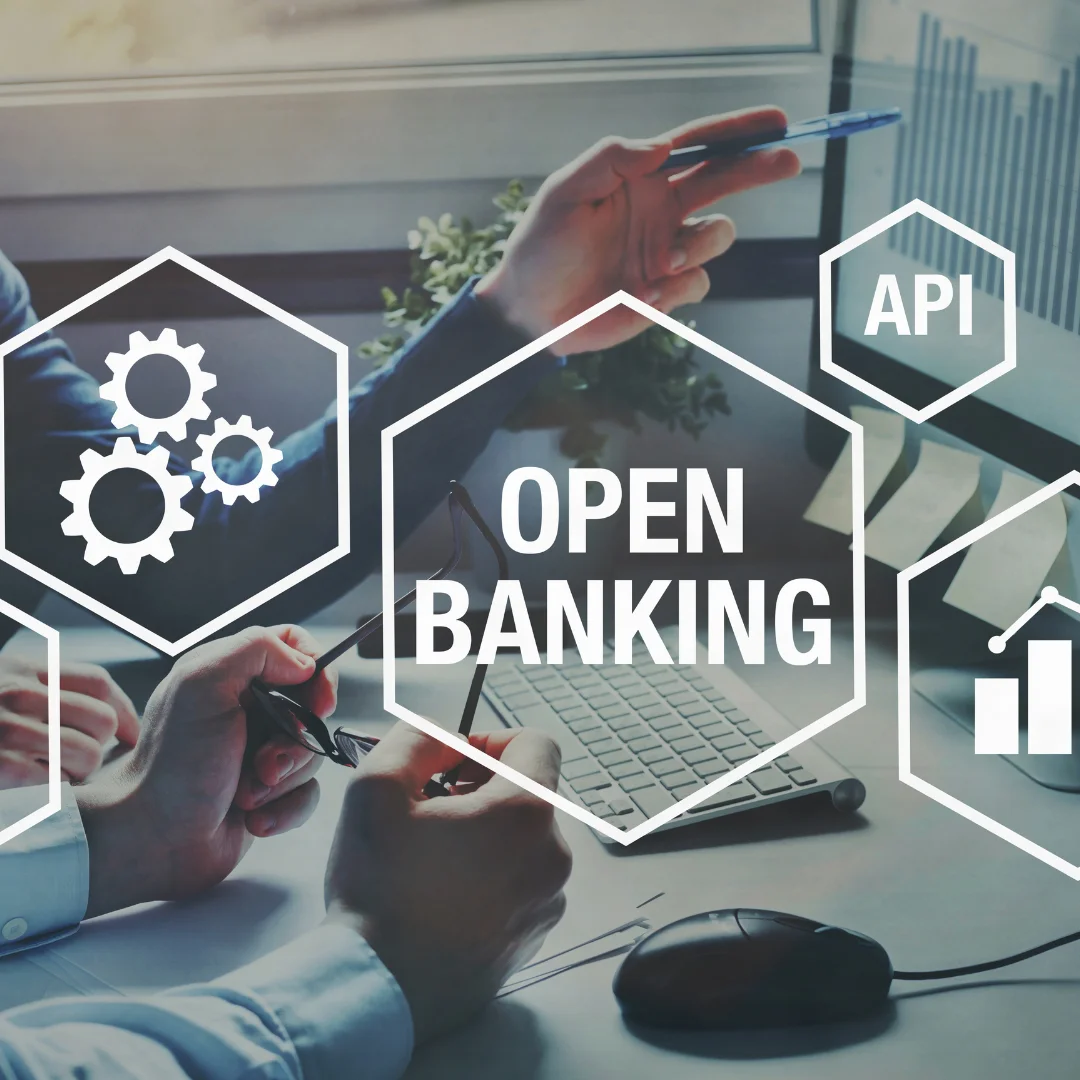Open banking changed the way we handle and process payments, bringing great change and benefit to individuals, businesses, and the entire financial ecosystem. Suppose, we allowed secure and authorized access to financial information paths. Open banking opened new avenues for innovation, increased competition, and improved financial services Let us explore the impact and how it changed the landscape.
One of the main effects of open banking on payments is the efficiency and convenience of payments. Conventional payment methods often involve lengthy processes, manual entries, and shared invoices. But Open Banking has made payments faster, easier, and more convenient. Leveraging an API (Application Programming Interface), Open Banking allows authorized third-party providers to securely access customer bank account data and initiate payments directly. This removes the need for manual entry, reduces errors, and provides faster transactions, resulting in payment almost immediately.
Additionally, open banking has provided new payment solutions and services. By securely sharing and agreeing on customer data, banks can partner with fintech and developers to develop new payment applications and platforms. These innovative solutions range from mobile payment apps to peer-to-peer (P2P) payment systems, making it easier than ever to send and receive money. Open banking has also made it easier to integrate payment services across business types such as e-commerce, retail, and travel Enjoy a seamless and seamless payment experience across a variety of channels.
Another important impact of open banking on payments is the increased transparency and control offered to customers. Open Banking allows individuals to access and analyze their financial information in real-time through authorized third-party applications. This transparency gives users a comprehensive view of their accounts, transactions, and spending habits, empowering them to make informed decisions about their finances. Additionally, open banking offers users the ability to manage their payment preferences and share their data securely with selected parties, giving them greater control over their financial information.
Open banking has also contributed to increased security in payments and fraud prevention. Traditional payment methods, such as credit cards, are often fraudulent and inaccessible. However, Open Banking allows transactions to be authenticated using robust customer authentication methods including biometric identification and two-factor authentication This greatly reduces the risk of fraudulent activity and creates financial information a protection of importance. Additionally, Open Banking’s standardized security protocols and data encryption ensure that customer data remains secure throughout the payment process.
In addition, open banking has increased competition among financial services providers, improving payment options and liquidity. As banks and fintech compete to provide the best payment services, they offer customers a wider range of options and competitive pricing. This competition has led to the elimination or reduction of certain fees associated with payments, and it has benefited both consumers and businesses.
In conclusion, open banking has significantly impacted payments by changing how we manage and manage our finances. The introduction has increased efficiency, convenience, transparency, and security in payment processing. Through collaboration between banks, fintech, and developers, new payment solutions have emerged, offering a seamless experience and integrating payments across sectors. Open banking has empowered individuals with greater control over their financial affairs while encouraging competition and affordability in financial services. As open banking develops and expands, we can expect new developments in payment technology, and this will ultimately enhance our everyday financial experience.


